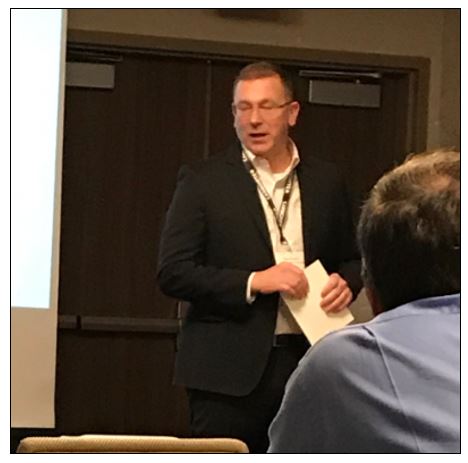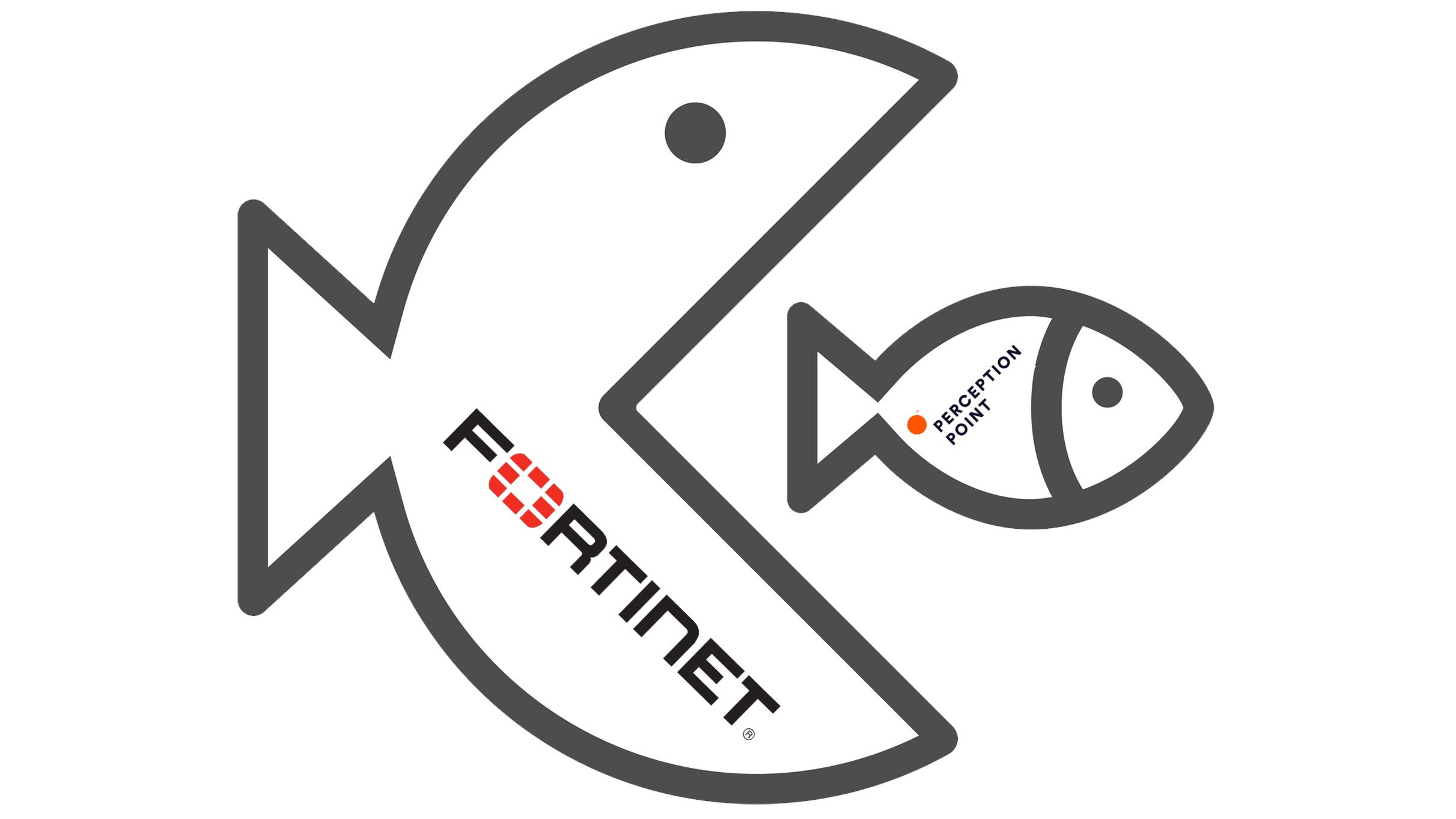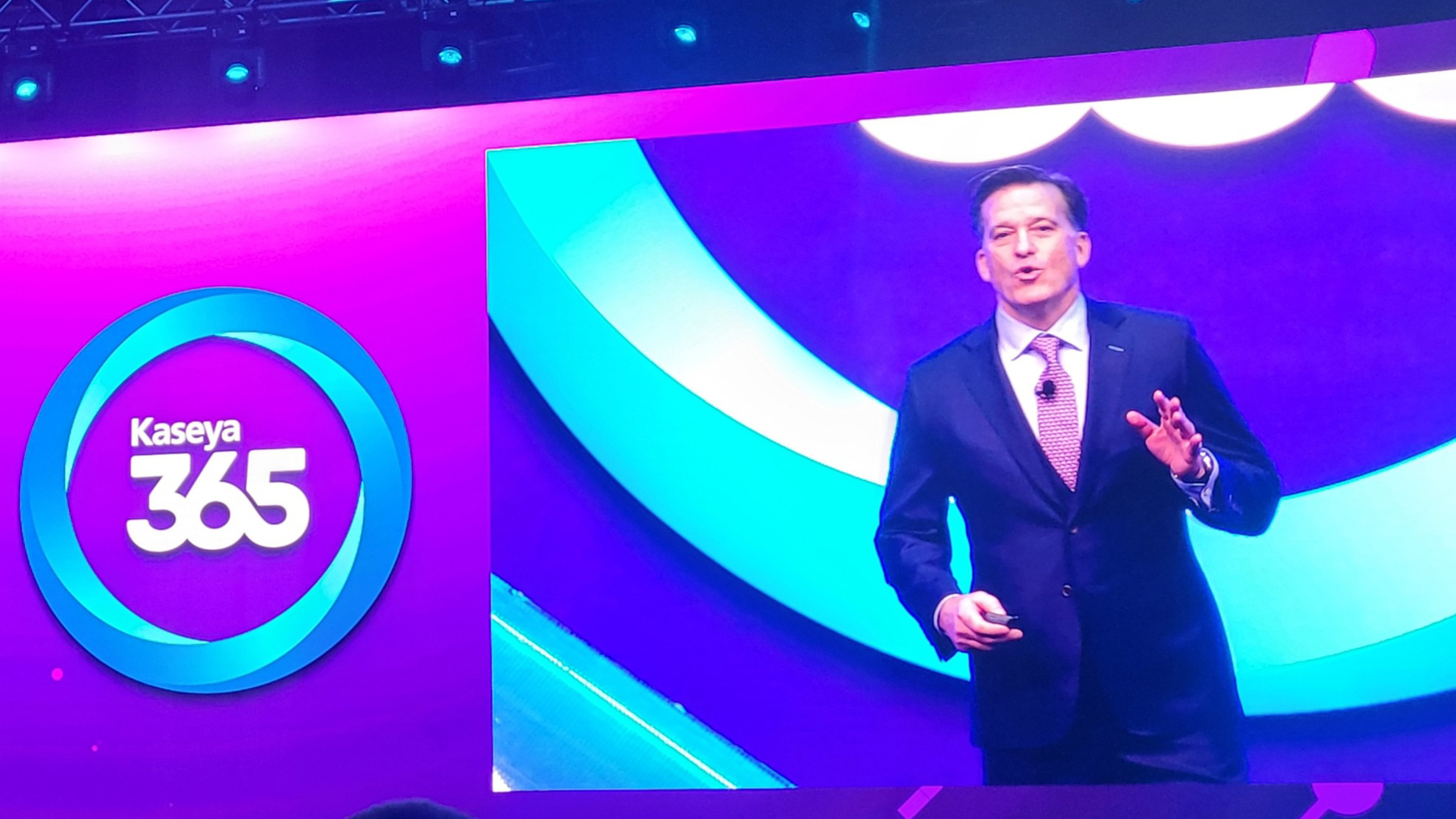For most players in the SMB channel, plunking down $618.5 million to buy a name-brand security vendor like Webroot would be a rare and notable milestone.
Not so much for Carbonite Inc. In recent years, the Boston-based company has acquired BDR vendor Evault, failover and migration specialist Double-Take Software, and cloud backup vendor Mozy Inc., transforming itself along the way from a maker of consumer backup solutions into a data protection goliath with 1.1 million customers worldwide and more than 250 petabytes of data under management.
“It’s been quite a journey,” said Tim Puccio, Carbonite’s vice president of products, Wednesday during a partner event in Irvine, Calif.
With the ink on the Webroot transaction still drying and the deal not yet officially closed, Puccio can’t comment much about where it fits into that journey except to note that it’s a logical next step in the ongoing expansion of Carbonite’s solution set.
“It just emphasizes our continued commitment to broadening the data protection portfolio that we deliver for our partners,” he says. “If I’m protecting your endpoint with backup, now I can protect it with security.”
That portfolio will get broader still in the months and years ahead, moreover. “We continue to grow, we continue to acquire,” Puccio says. “We’re going to continue to expand that data protection portfolio.”
Still, if Carbonite’s M&A-fueled journey isn’t over, it appears to have reached a turning point.
“For a period of time, we’ve been very inward-focused on optimizing, improving, becoming efficient, integrating technology, doing all those things that you do when you acquire companies,” Puccio says. 2019, by contrast, will be about capitalizing on all those labors to drive growth—with and through channel partners.
“From [CEO Mohamad Ali] down, we’ve made a very clear decision that for us to grow and deliver the way we want to deliver for customers, we have to do it from the channel,” Puccio says.
That, in turn, means re-introducing Carbonite to partners with an outdated vision of the company as a big name only among consumers. Indeed, Carbonite already collects more than twice as much revenue from commercial accounts as it does from home users. Spreading the word about that fact and the breadth of the vendor’s offerings is job number one for Puccio’s organization this year.
“The biggest priority is re-engaging our partner base, enabling and educating our partner base on the portfolio that we’ve amassed and where we’ve been and where we’ve come to,” he says.
Attracting net new partners is a top priority as well, Puccio adds. “You’re going to see a full partner recruitment campaign launched in the next 30 days,” he says, noting that it will target companies with existing data protection practices and potential newcomers to that market alike.
Carbonite’s pitch to both new and current partners, Puccio continues, will revolve around three core pillars: the comprehensiveness of its portfolio, the rich margins its partners make, and its financial strength. “We are publicly traded,” he says. “We’re not going anywhere.”
Helping new and existing partners take advantage of Carbonite’s ever-expanding product lineup is another point of emphasis for this year and beyond. According to Puccio, getting VARs and MSPs that came to Carbonite via the EVault or Double-Take or now Webroot acquisitions to sell solutions beyond those most familiar to them will be critical to the company’s success.
“We have to have our partners investing across the portfolio,” he says.
Carbonite’s Data Protection Console is a key part of that effort. Introduced last October, the system will eventually be a “single pane of glass” for both managing and selling everything Carbonite makes.
“We want to make it easy for you guys to go in and do cross sell,” said Tim LaPlante, Carbonite’s director of product management, at yesterday’s channel event.
The extent to which Carbonite’s long, expensive journey ends up being a profitable one as well hinges on how many of its partners take the company up on that offer.















